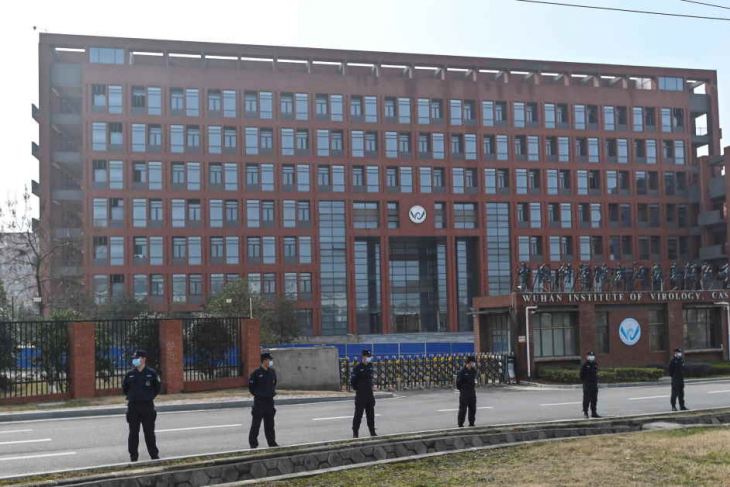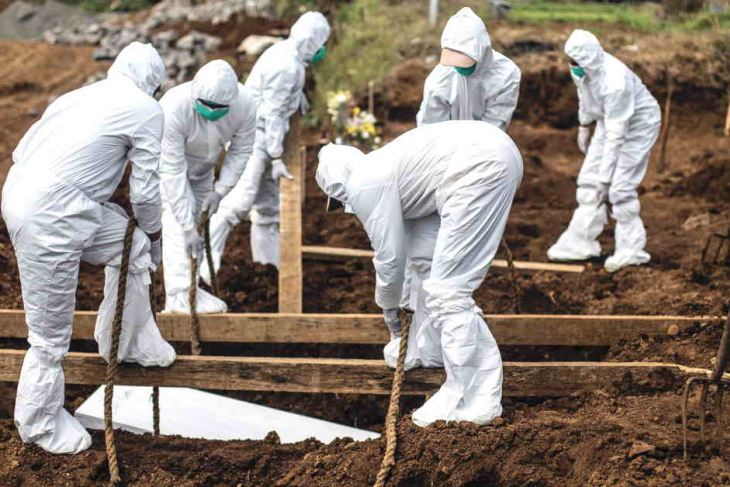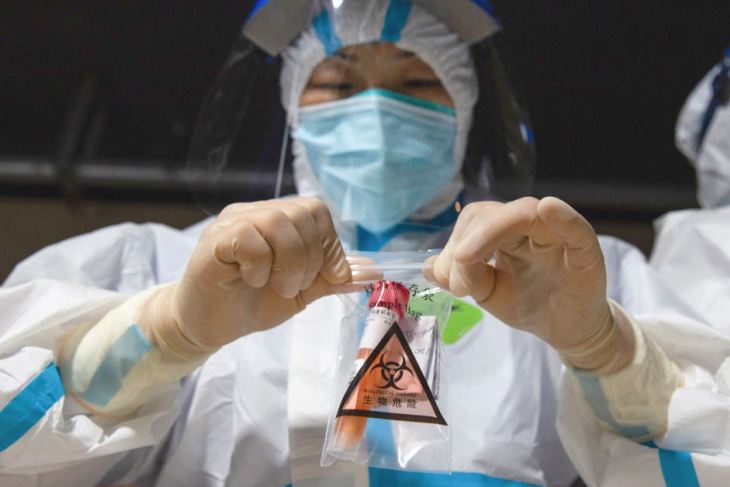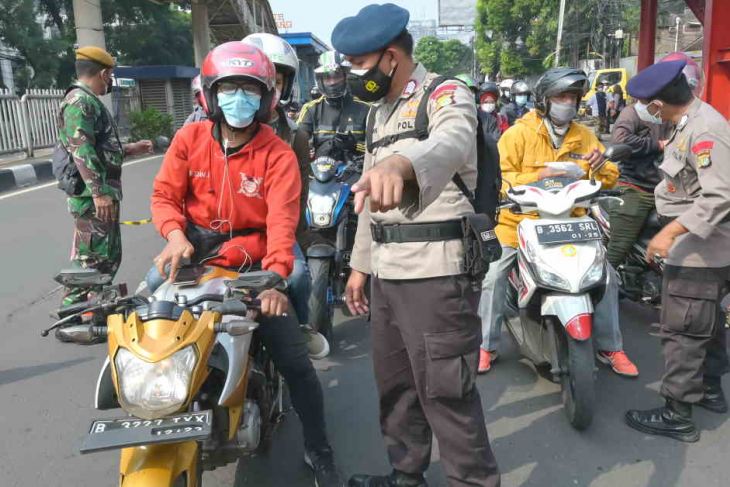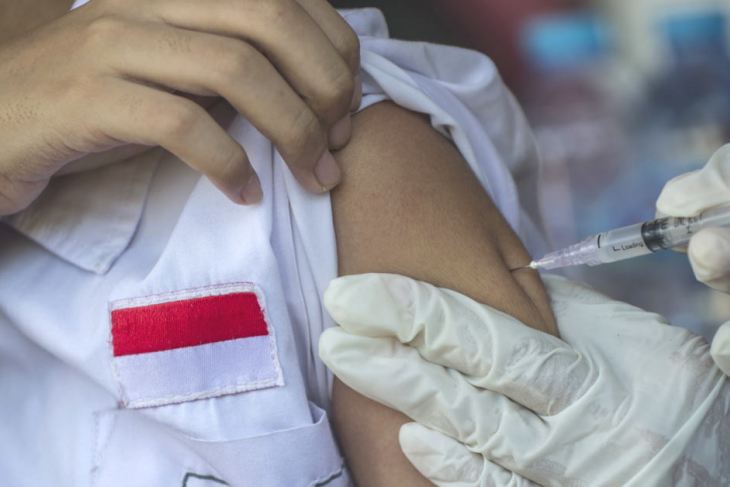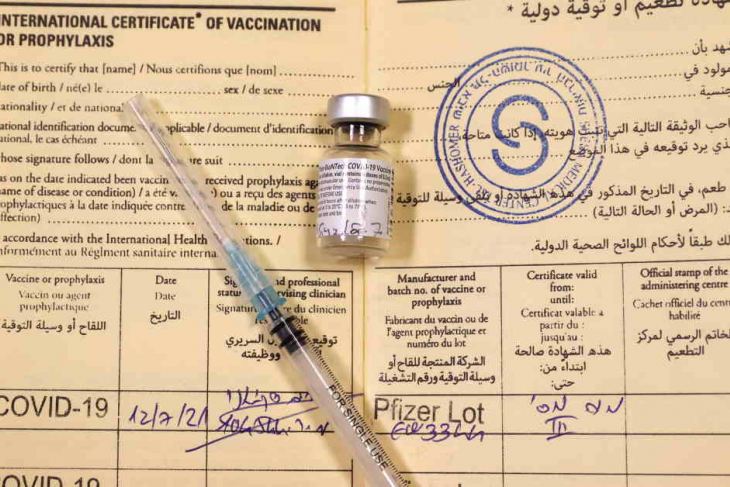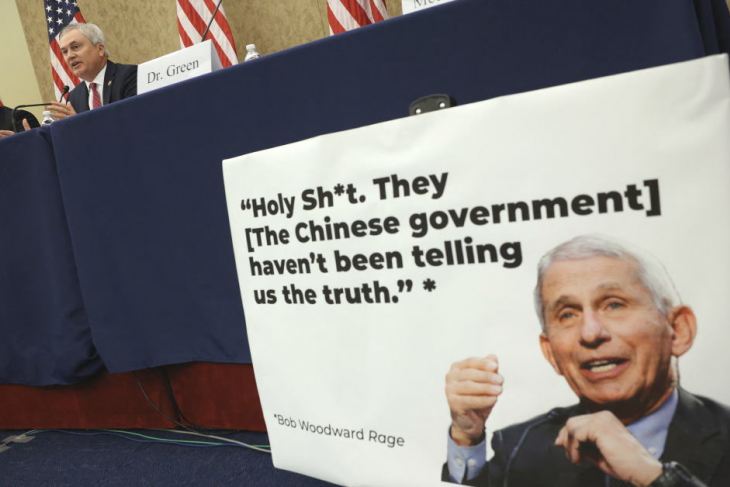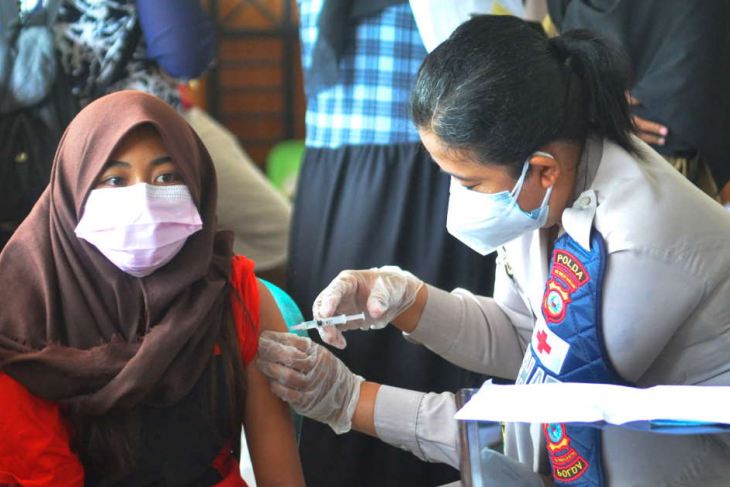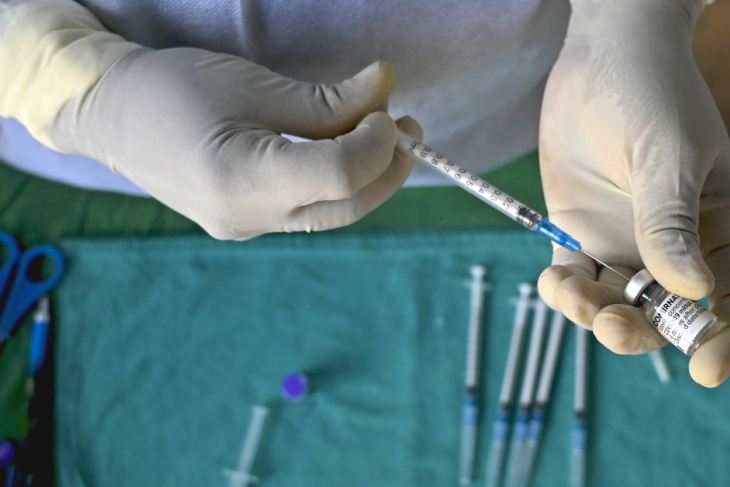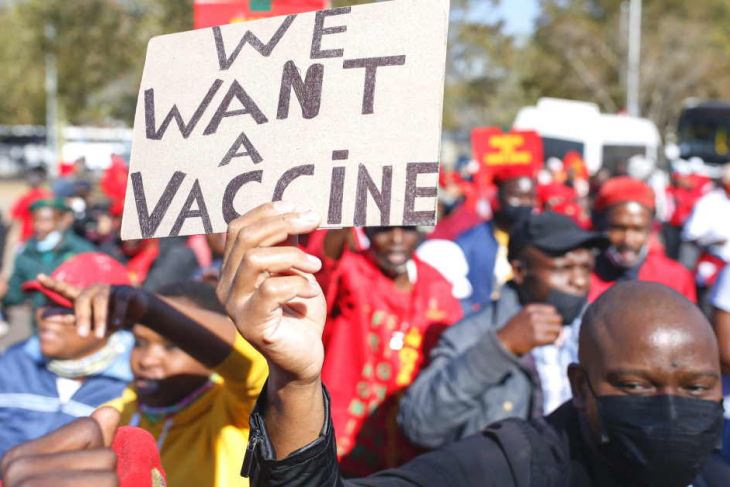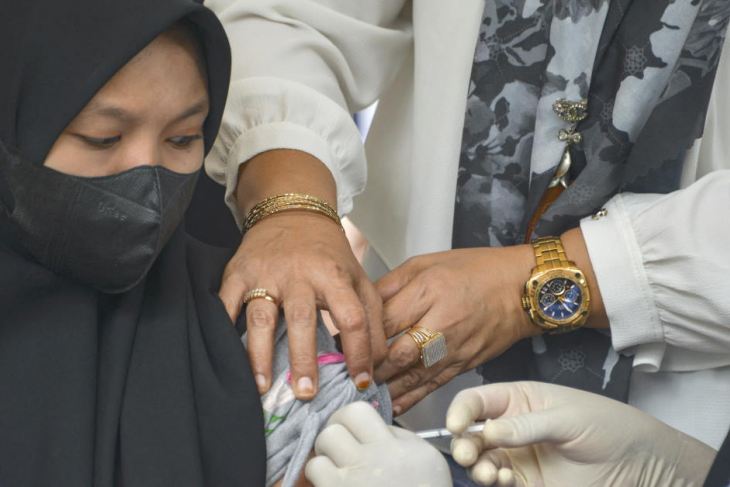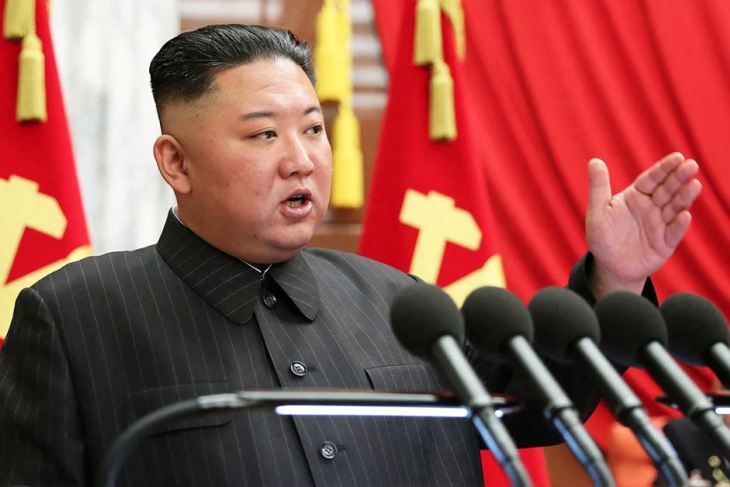World Health Organization
COVID-19 has now been with us for more than a year and a half. It has stopped societies in their tracks, triggered sharp economic downturns, and killed more than 4.2 million people. But we still do not know where the deadly virus came from, for a simple reason: China does not want us to know. China first reported that a novel coronavirus had emerged in Wuhan weeks after its initial detection. This should not be a surprise.
The speed and scale of the coronavirus outbreak in Indonesia has created a perfect breeding ground for a potential new super-strain that could be even more contagious and deadly than the Delta variant, infectious disease experts from around the world are warning.Last week Indonesia surpassed India and Brazil to become the country reporting the world’s highest number of daily cases. On Thursday, the archipelago reported more than 49,500 new cases and 1,449 deaths.
China on Thursday said a World Health Organization (WHO) proposal to audit Chinese labs as part of further investigation into the origins of the coronavirus pandemic showed "disrespect" and "arrogance towards science".Last week, the WHO said a second stage of the international probe should include audits of Chinese labs, amid increasing pressure from the United States (US) for an investigation into a biotech lab in Wuhan. The proposal outlined by WHO chief Tedros
The highly contagious Delta variant of COVID-19 is expected to become the dominant strain of the virus over the coming months, the World Health Organization (WHO) said Wednesday.Delta, which was first detected in India, has now been recorded in 124 territories – 13 more than last week – and already accounts for more than three-quarters of sequenced specimens in many major countries, the WHO said."It is expected that it will rapidly out-compete other variants and become the dominant circu
It has now been 18 months since the SARS-CoV-2 virus was first sequenced in China. Within a month, the World Health Organization (WHO) had issued its highest possible global alert, declaring the COVID-19 outbreak a Public Health Emergency of International Concern. Weeks later, the WHO declared a pandemic. Yet we are nowhere near the end of the crisis. On the contrary, we have entered a dangerous new phase in its evolution.
We have arrived at another of those moments, in this pandemic, where it’s critically important that countries respect a central decision-making body rather than go their own way. The issue on the table now is the use of health certificates to regulate international travel.Sometimes, pandemic decisions need to be made locally to reflect the local context – mask-wearing in schools is an example – but sometimes they really need to be centralised.
The World Health Organization (WHO) said on Friday that the second stage of an investigation into the origins of COVID-19 should include further studies in China and lab audits.In a closed-door briefing to member states, WHO chief Tedros Adhanom Ghebreyesus proposed five priorities for the next phase of the investigation.They included "audits of relevant laboratories and research institutions operating in the area of the initial human cases identified in December 2019", according to
The World Health Organization (WHO) warned Thursday that "more dangerous" variants of COVID-19 could tear across the world as global infections soared to half a million daily, largely driven by the virulent Delta strain.An AFP tally of official sources found that after an initial dip, cases have been rising again worldwide since the end of June, topping 540,000 on Tuesday and again on Wednesday."The pandemic is nowhere near finished," the WHO's emergency committee sai
Pfizer and BioNTech announced they would seek authorisation for a third dose of their COVID-19 vaccine to boost its efficacy, as the Delta variant drove devastating outbreaks in Asia and Africa and cases rose again in Europe and the United States (US).With the pandemic once again wreaking havoc, Japan has banned fans from most Olympic events and placed Tokyo under a virus state of emergency throughout the Games just two weeks before the opening ceremony.Delta is the most infectious strain of
When G20 finance ministers meet in Venice on 9-10 July, they should adopt a plan to immunise the world against COVID-19. Every vaccine-producing country will be in the room: the United States (US), the United Kingdom (UK), the European Union (EU), China, Russia, and India. Together, these countries produce enough doses to complete the immunisation process for the entire globe by early 2022. Yet the world still lacks a plan to get it done.
More than four million people have now died from COVID-19, the World Health Organization (WHO) said on Wednesday, as many rich nations prepare to loosen restrictions even as countries in Asia battle surging infections.Millions are facing new lockdowns across Asia and Indonesia has emerged as a global hotspot with death rates rising tenfold in a month to a record 1,040 on Wednesday."The world is at a perilous point in this pandemic," said WHO chief Tedros Adhanom Ghebreyesus, calling
North Korean leader Kim Jong Un replaced several senior officials after a "crucial" coronavirus incident, state media reported Wednesday, potentially signalling a breach in the country's epidemic defences.Pyongyang closed its borders in January last year to try to protect itself against the virus that first emerged in neighbouring China and has gone on to sweep the world.It has not publicly confirmed any cases of the disease at any point, either in state media or in the test st
